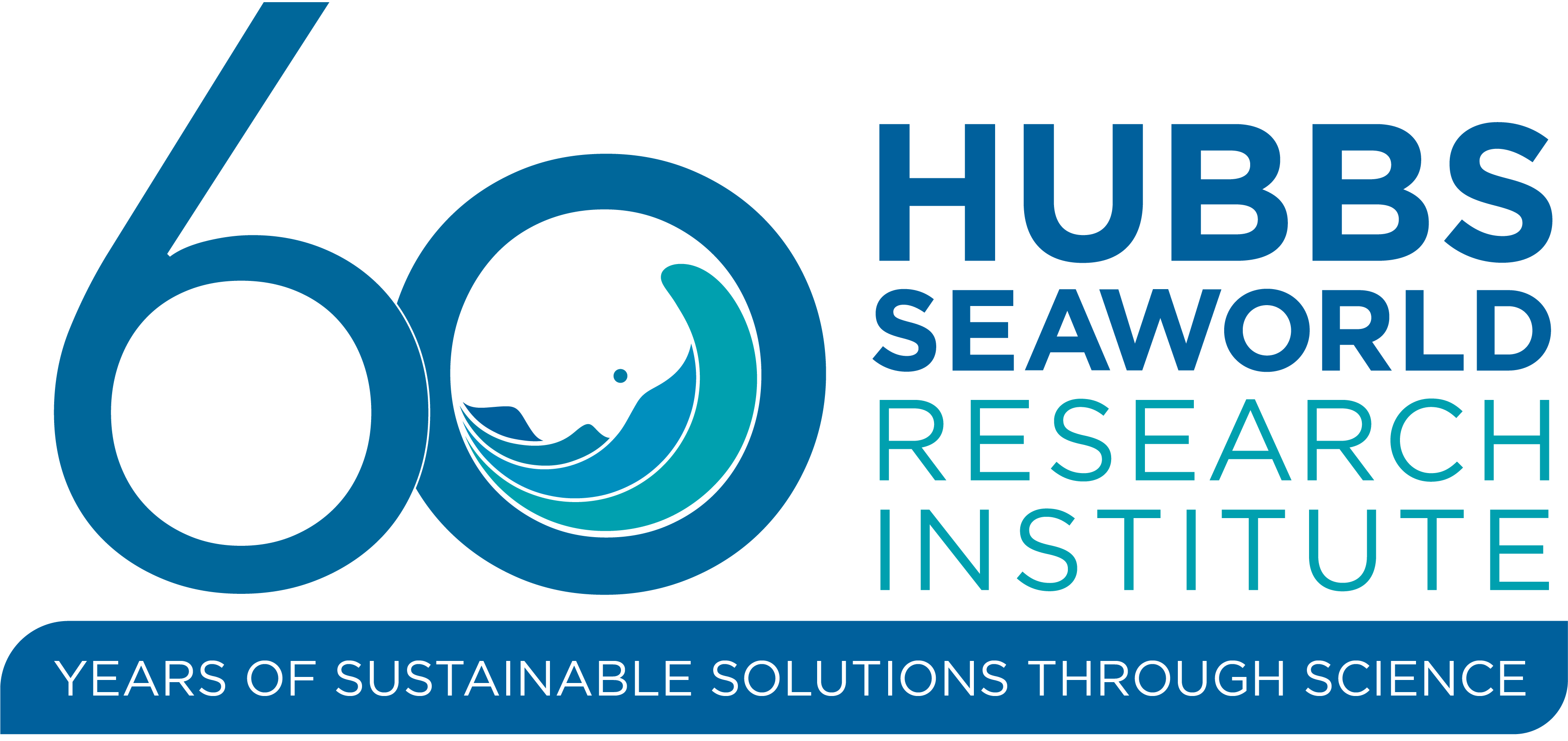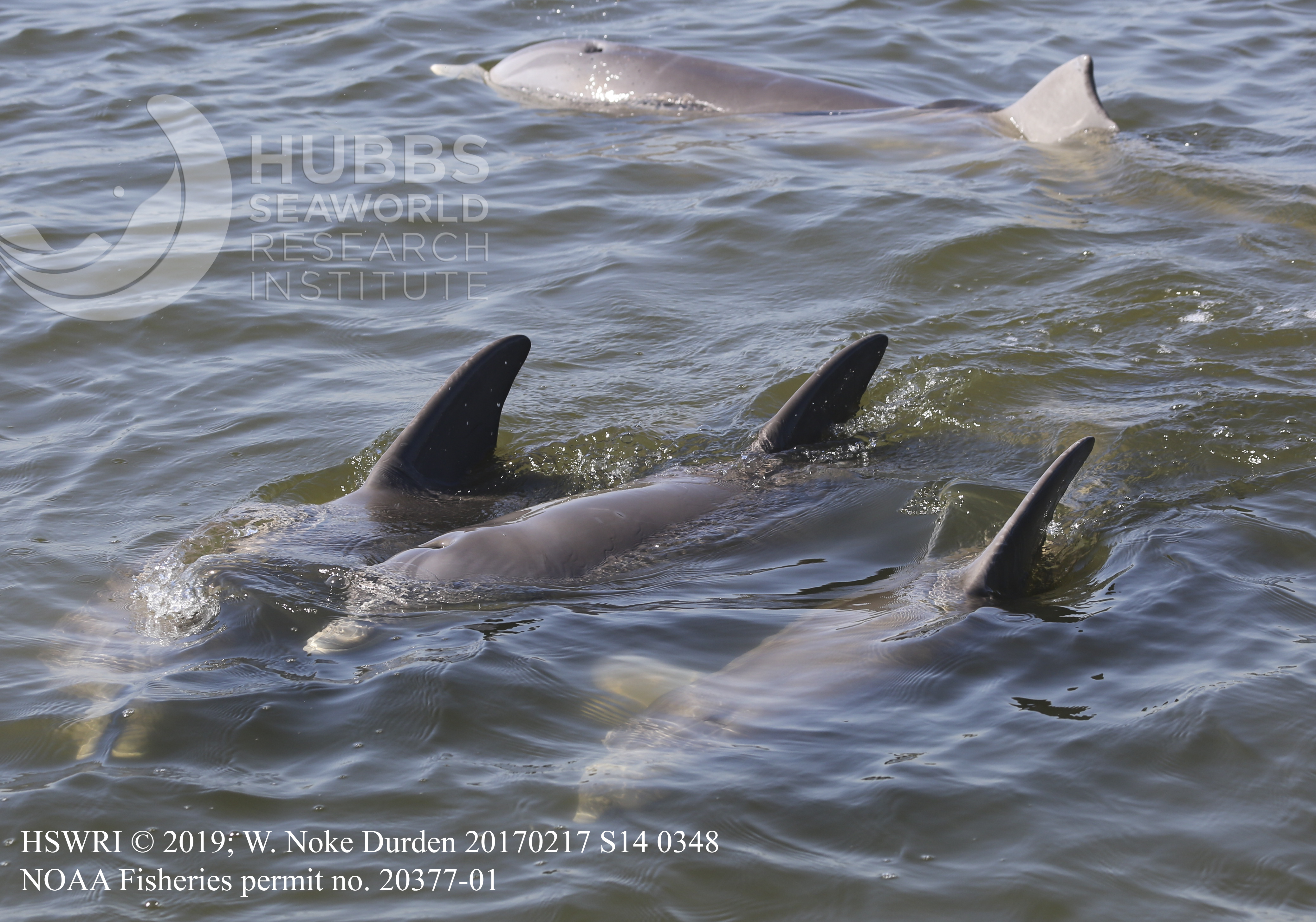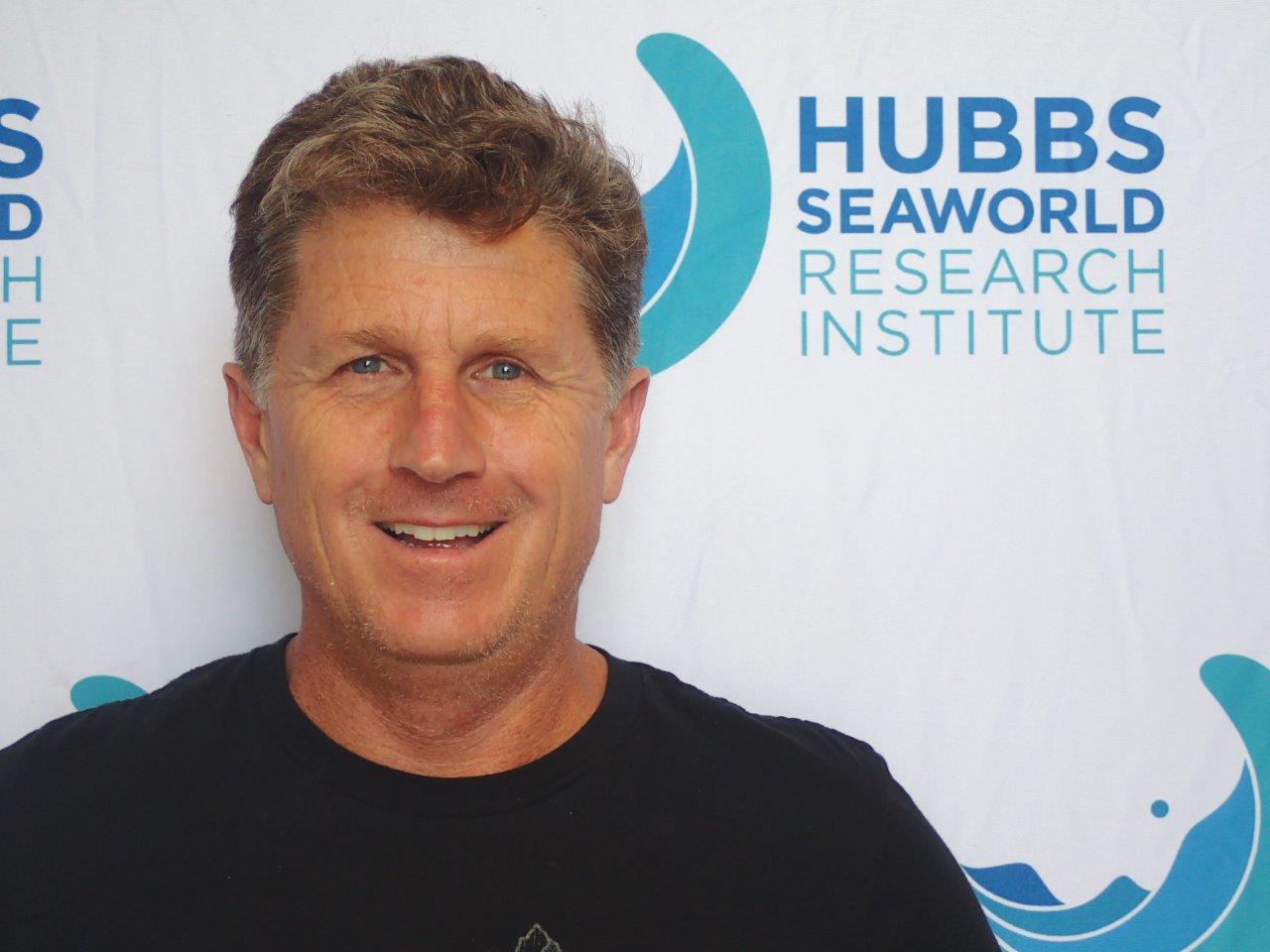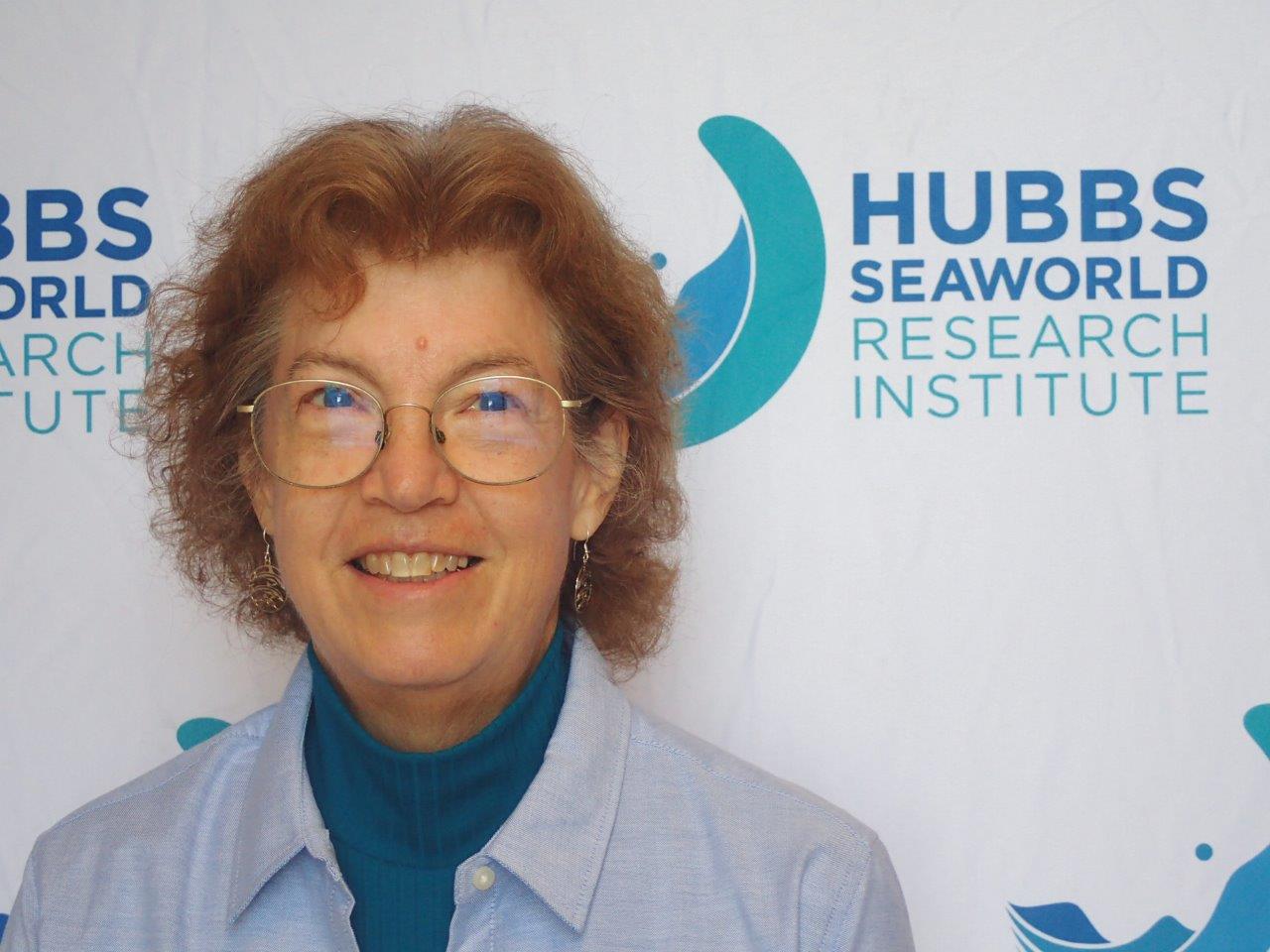Wildlife Populations
Oceans contain 99% of the living space on the planet.* At Hubbs-SeaWorld Research Institute, our team of scientists is committed to understanding the relationships of marine animals to each other and their environments. Learn More
Sustainable Seafood
Mark Drawbridge, M.S.
Program Leader
The world’s population is slated to grow by 2.4 billion people by 2050.* According to the Food and Agriculture Organization of the United Nations, we must produce 70 percent more food to meet impending world hunger needs. Learn More
Animal Behavior
Dr. Ann Bowles, PH.D.
Program Leader
Sound plays an integral role in both human and animal lives—it helps individuals maintain social bonds, care for young, navigate, find food, avoid predators and monitor the world around them. Learn More
Ocean Health
In our rapidly changing world, interactions between humans and marine life are increasing. We swim in the same waters and share a dependence on the ocean’s resources. Learn More
Philosophy
HSWRI is committed to the development and implementation of research, conservation and education programs that are founded in “good science”. Adherence to the highest standards of excellence for scientific research is the foundation for scientific integrity. It is an essential criterion to maintain public trust and support of science and scientific research. The peer-review process for scientific grants and publications is the primary process for the scientific community to evaluate the quality of scientific research. In addition, the administrative and scientific leadership of the Institute defined basic principles for Institute science to provide a philosophical basis to guide research program development and Senior Research Biologist decisions.
This document provides the guiding principles for workplace excellence, innovation and accountability. While all programs of the Institute are evaluated on their individual intellectual and scientific merits, the Institute’s administrators and senior science staff adhere to a working definition of “good science” to guide program development and Institution leadership.
Essential characteristics of good science at HSWRI include:
- Original scientific inquiry through basic or applied research that advances knowledge, promotes conservation and responsible management of natural resources, and serves the public good.
- Strict adherence to the tradition of scientific excellence, innovation and accountability exemplified by Dr. Carl L. and Laura C. Hubbs and to HSWRI standards provided herein.
- Scientific research that is conducted as a cooperative, honest and open activity.
- Scientific research that advances the short-term and long-term vision and mission of HSWRI.
“Since it was founded in 1963, Hubbs-SeaWorld has built upon the core programs envisioned by its founders and continues to reach into exciting new areas of research. International and multidisciplinary collaborations take our scientists to remote field sites in Western Australia and Antarctica, and strengthen our research programs closer to home. We are working with endangered and threatened species of marine and terrestrial birds, mammals and reptiles and are also exploring new challenges facing species such as the northern elephant seal, which has enjoyed over a century of exponential population growth.”




